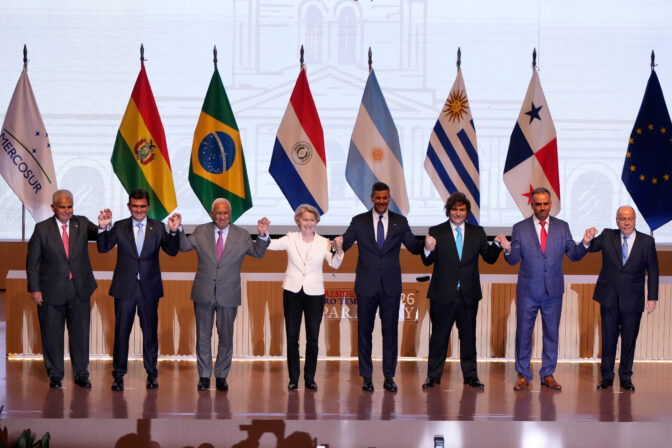BRATISLAVA, April 29, (WEBNOVINY) – Acting Prosecutor General Ladislav Tichy says that there is a relatively tense situation in Slovakia related to planned changes to the functioning of the prosecution and yet-to-be finalized election of the Prosecutor General. This is one of the reasons why he has summoned an international workshop to Bratislava. „To discuss the problems in a peaceful and comfort atmosphere,“ he said. Justice Minister Lucia Zitnanska (SDKU-DS) was supposed to open the meeting with a speech. She however excused herself and Deputy Speaker of the Parliament and opposition SMER-SD leader Robert Fico kicked off the discussion instead of her. Fico slammed the Cabinet’s prosecution revision, which MPs have advanced into the second reading. He said that the amendment is aimed at changing the independent status of the prosecution as stipulated in the constitution turning it into a state representation. He said that it is not even necessary to change names as the content is what matters. He pointed at the proposal giving power to the Justice Minister to issue binding positions to prosecutors, the form of a disciplinary proceeding against prosecutors, liquidation of the post of a candidate for prosecutor or the method of selecting new prosecutors.
Fico and his party mates have submitted their own amendment to the parliament on Friday. The party leader called it a comprehensive and much more balanced view on the prosecution’s activities. In the material, the opposition party suggests that the institute of prosecutor candidate be preserved. In addition to this, they would like to introduce the post of prosecutor’s assistant. The Cabinet’s revision, in contrast, proposes elimination of prosecutor candidates and replacing them by assistants.
SMER-SD has come up with changes to issuance of binding positions by the prosecutor general. These can be initiated by the president, the parliament, the Cabinet or individual ministries. “We respect that such impulses may come but it should be the prosecutor general who will issue specific orders within this establishment,” Fico reasoned. The Cabinet in its revision proposes that the binding orders for prosecutors can be issued by the justice minister but solely in accordance with a decision of commission, in which the prosecutor’s office and the ministry would be equally represented. “This means that there will be no binding position made without the prosecutor’s office,” countered Justice Ministry State Secretary Maria Kolikova.
Some coalition deputies, too, have remarks to the Cabinet’s blueprint. MOST-HID MP Edita Pfundtner, for instance, lacks a wide debate between representatives of executive branch and prosecutors. She said that her party has announced certain reservations already in the first reading of the draft while they want to table also some improvement of the proposal that they have already prepared. „I personally have a problem with interfering of the Justice Minister as far as binding positions are concerned,“ said Pfundtner. SaS deputy Kamil Krnac will submit amending proposals to increase transparency and independence. He has already discussed his ideas with authors of the Cabinet’s revision.
President of the Supreme Court of the Slovak Republic and head of the Judicial Council Stefan Harabin also participated in the debate, presenting his opinion on the reform of the prosecution and the judiciary. He said that Slovakia should follow in the footsteps of Israel or Brazil and introduce electronic criminal files, including their delivery. As he elaborated the two countries post the court verdicts on the Internet and the files are available after providing security data similarly to Internet banking. He would like to see a software transcribing voice into electronic form installed at courts, prosecutor offices and the police. “The system is ready; it just needs to be switched on. It will be for free because the state holds the copyright via the Slovak Academy of Sciences,” Harabin went on to say. He also suggested that private individuals be granted the right to file suits in criminal matters under precisely set conditions; after all other options are exhausted.
SITA












